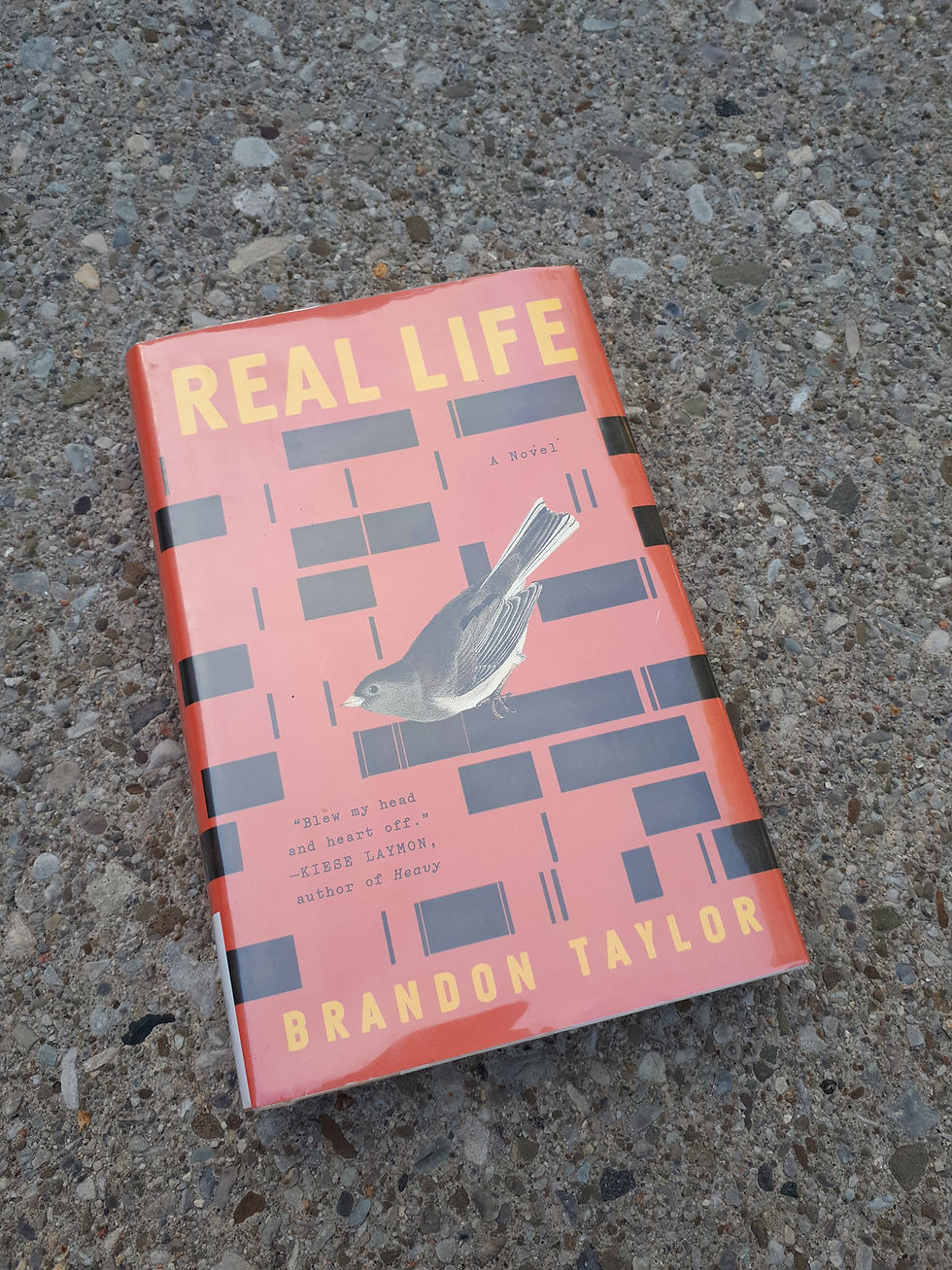Highly Recommended: The Aunties Dandelion Podcast
- Lindsay Core

- Oct 8, 2021
- 2 min read
Updated: Jan 3, 2022
For the past month I've had the pleasure of working and teaching with Kahstoserakwathe Paulette Moore. In class last week she told the story of the Kenhteke Seed Sanctuary and how it came to be. It is a fascinating story!
Kahstoserakwathe Paulette Moore recorded the story as part of her podcast The Aunties Dandelion, so this morning I decided to listen to the story of the seeds in the words of Kahehtoktha Janice Brant who is one of the keepers of the seeds. It was well worth the listen - I learned a lot about the importance of seeds and seed keeping and how the Seed Sanctuary is different from a seed vault or seed library because part of the work of the seed sanctuary is to grow the seeds to ensure that they're strong and adapted to the environment rather than locked away from the sun, and soil, and wind, and rain. I also enjoyed the opportunity to listen to an intimate conversation between two Kanyen'keha:ka (Mohawk) women about their culture and values.
I don't want to give too much away, so I'll just provide the episode summary and repeat that it's worth listening:
NARRATOR: On this episode of The Aunties Dandelion – an interview with Kahehtoktha Janice Brant - a Kanyen’kehà:ka Mohawk farmer, Seed Keeper, and co-founder of the Kenté:ke Seed Sanctuary. Janice and her Tyendinega collaborators recently took over care of a seed collection held by nuns for decades at a nearby convent. It’s been a journey of community engagement, discernment and the creation of a new and original wampum belt to honor the transfer of the seeds.
KAHEHTOKTHA JANICE BRANT: When you open that husk – it is like you are looking at an infant. You are looking at a baby. You are looking at the future generations and to me that is extremely humbling and extremely powerful. They have been around for a long time and here they are still.
NARRATOR: That power becomes a push back against our over culture -- and Kahehtoktha discusses the risks of caring for seeds with an intention sovereignty.
KAHEHTOKTHA JANICE BRANT: We are not trying to create control over the seeds. In fact just quite the opposite. We are trying to make seeds available to people to make healthier, stronger seeds available to people. So you can see how that sort of – just given that flip of the paradigm can make it a dangerous game to play. And so we have to be careful and we get stopped at the border. You become sort of like a terrorist almost in the same – we are dangerous because we are in charge of freedom and you are free when you have your own food.
NARRATOR: And as always – we are really happy when you listen to your aunties.





Comments